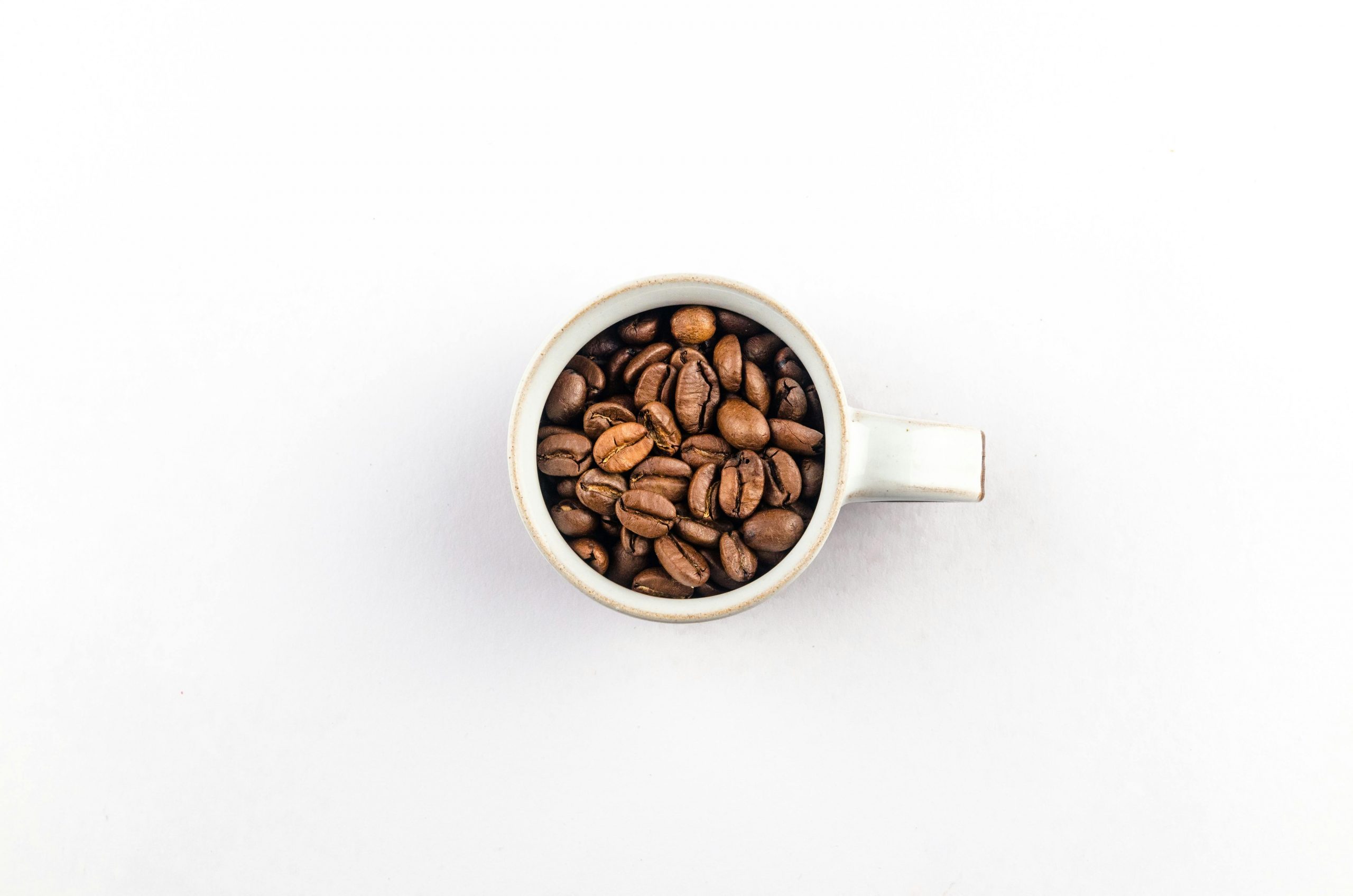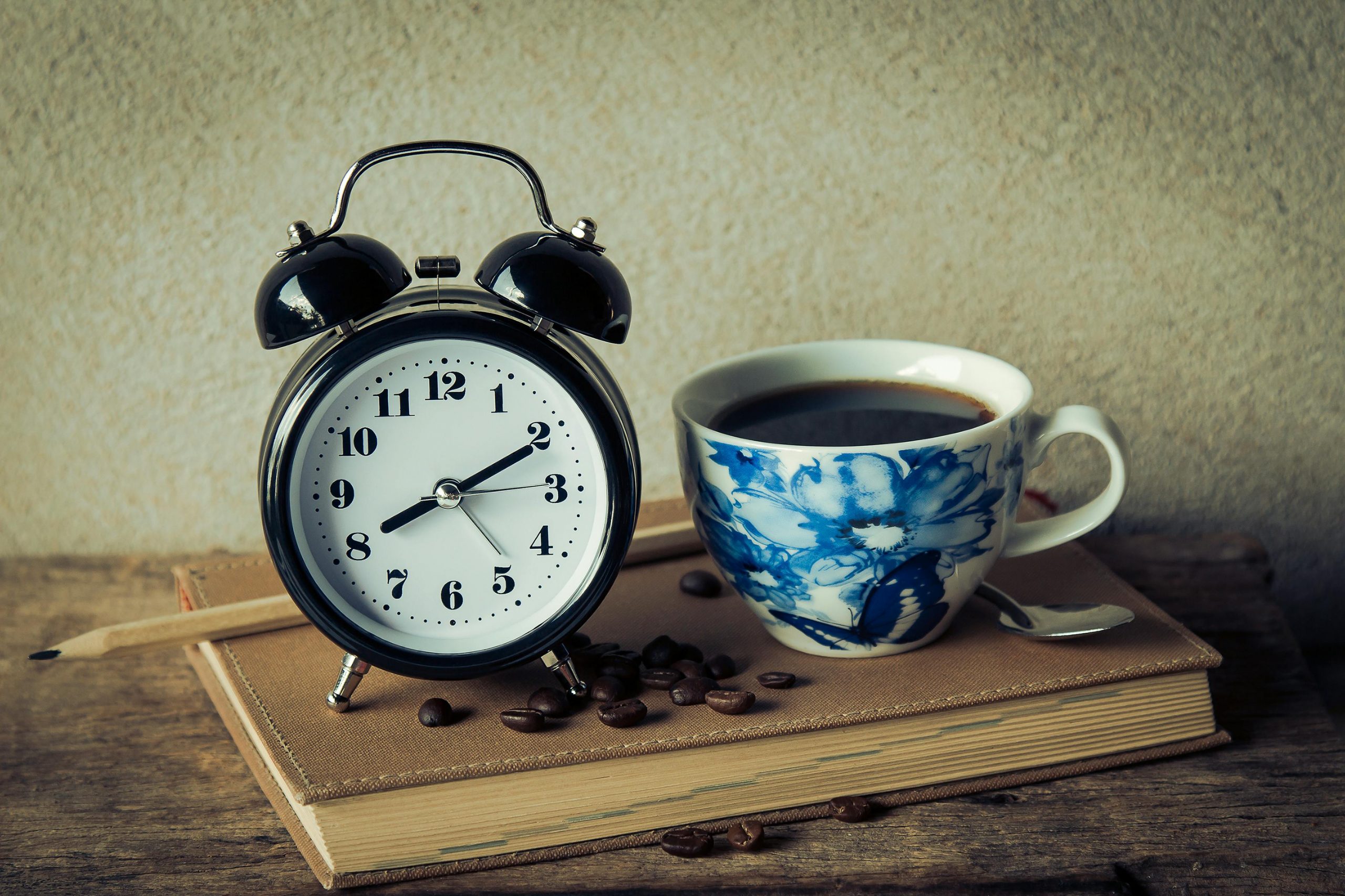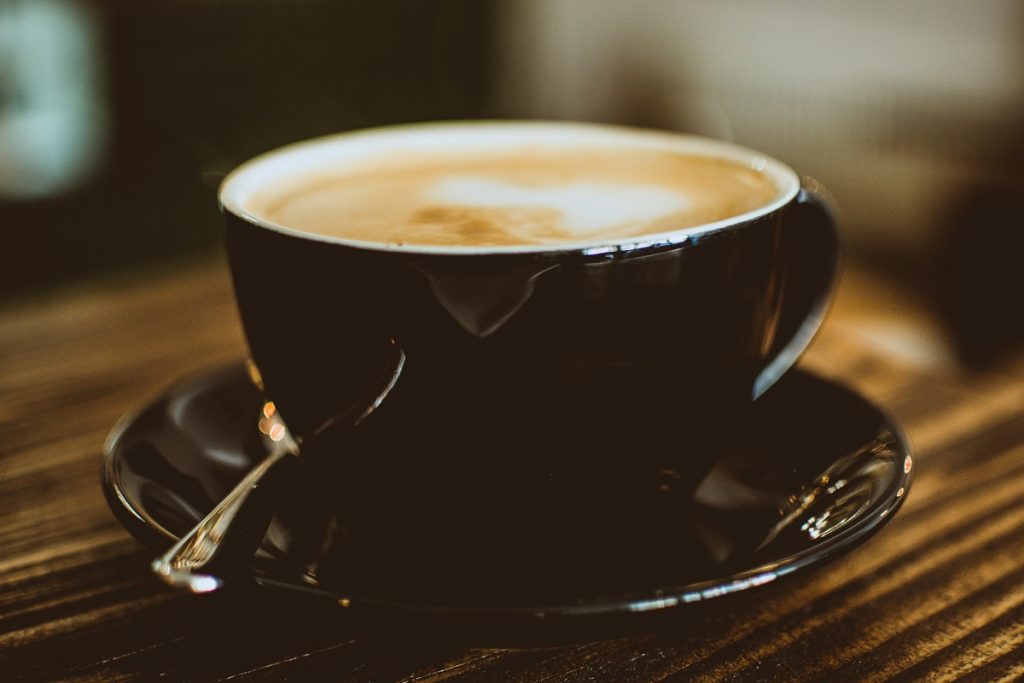
When people talk about Colombian coffee, they often mention its rich flavor, smooth body, and balanced profile. But one common question still floats around in coffee shops and online forums: Is Colombian coffee strong in caffeine—or is it just bold in taste?
If you’re curious whether your morning cup from Colombia is giving you a strong caffeine kick or simply a deep, complex flavor, you’re in the right place. Let’s break it down.
What Does “Strong” Mean in Coffee Terms?
Before diving into Colombian beans specifically, it’s important to define what we actually mean by “strong.”
- Strength in caffeine: This refers to how much caffeine a coffee contains. People associate “strong” coffee with a high caffeine content that gives an energizing jolt.
- Strength in flavor: This refers to boldness or intensity in taste. A coffee can taste strong (think dark, rich, full-bodied) but actually be low in caffeine—and vice versa.
So when someone says Colombian coffee is strong, they might be talking about flavor, caffeine, or both.
What Kind of Coffee Beans Does Colombia Grow?

Colombia is famous for its 100% Arabica coffee. Arabica is one of the two main types of coffee beans, the other being Robusta. Here’s how they compare:
| Feature | Arabica (Colombia) | Robusta |
| Caffeine | Lower (1.2–1.5%) | Higher (2.2–2.7%) |
| Flavor | Smooth, fruity | Bitter, earthy |
| Acidity | Bright, clean | Low acidity |
So, is Colombian coffee strong in caffeine? Not exactly. Arabica beans naturally have less caffeine than Robusta beans, which are often used in cheaper blends and instant coffee.
How Much Caffeine Is in a Cup of Colombian Coffee?
The caffeine content of a cup of coffee doesn’t just depend on the type of bean—it also depends on how it’s brewed and how much coffee is used.
On average:
- An 8 oz cup of Colombian Arabica coffee has about 80–120 mg of caffeine
- A similar cup of Robusta coffee can contain 150–200 mg or more
But remember, the actual amount of caffeine in your cup can vary based on:
- Grind size
- Brewing method
- Coffee-to-water ratio
- Roast level
Does Roast Level Affect Caffeine?
Another common myth is that darker roasts have more caffeine. Actually, light roasts often contain slightly more caffeine by volume—because they’re denser. But the difference is minor.
Colombian coffee is often roasted:
- Medium roast: Brings out the bean’s natural sweetness and bright acidity
- Dark roast: Gives it a smokier, bolder flavor—but not much more caffeine
So if you’re drinking a dark Colombian roast and thinking it feels “strong,” that perception probably comes from its taste, not the caffeine hit.
Why Does Colombian Coffee Taste Strong?
Coffee in Columbia is grown in high-altitude regions, where the cooler temperatures and rich volcanic soil help the beans develop complex flavors. This means you often get:
- A deep aroma
- A balanced acidity
- Hints of chocolate, caramel, and fruit
This richness can feel “strong” to the palate—even if the caffeine content is modest. It’s a full-flavored experience, but one that’s smooth rather than bitter.
Brewing Methods Matter (A Lot)
How you brew your Colombian coffee can significantly change how strong it feels—both in caffeine and taste.
Brewing Methods Ranked by Caffeine Strength:
- Espresso (Colombian beans) – Small but concentrated, around 60–70 mg per shot
- Drip Coffee – Around 95–120 mg per 8 oz
- French Press – Often stronger in both flavor and caffeine due to full immersion
- Cold Brew – Can be very high in caffeine depending on steeping time
- Pour-over (e.g., Chemex, V60) – Cleaner, lighter taste, similar caffeine to drip
If you’re drinking a Colombian cold brew or French press, you may feel more of a buzz than with a mild pour-over.
Is Colombian Coffee Strong Enough to Wake You Up?

Absolutely—Colombian coffee has enough caffeine to get you through a morning meeting or late-night study session. Just don’t expect it to be as jarring as a cheap, bitter Robusta-based brew.
If you’re used to strong diner coffee or espresso-heavy Italian blends, Colombian beans may taste gentler—but they still offer a clean, steady energy boost.
Should You Choose Colombian Coffee for a Caffeine Kick?
Here’s a quick breakdown to help you decide:
Choose Colombian coffee if you:
- Want a smoother caffeine experience
- Enjoy rich, well-balanced flavors
- Prefer Arabica over Robusta
- Like to drink multiple cups without feeling jittery
Look elsewhere if you:
- Want a huge caffeine hit in one cup
- Prefer dark, bitter, or oily beans
- Need a strong Robusta blend for espresso
Final Thoughts: Is Colombian Coffee Strong?
In flavor? Yes. In caffeine? Moderately.
Colombian coffee shines in taste—thanks to its high-altitude growing regions, Arabica beans, and refined processing methods. While it’s not the most caffeinated coffee on the market, it delivers a satisfying, steady buzz with a full-bodied flavor that many coffee lovers adore.
So next time you sip a cup of Colombian coffee and think, “Wow, this is strong,” just know—it’s likely your taste buds talking, not your nervous system.


